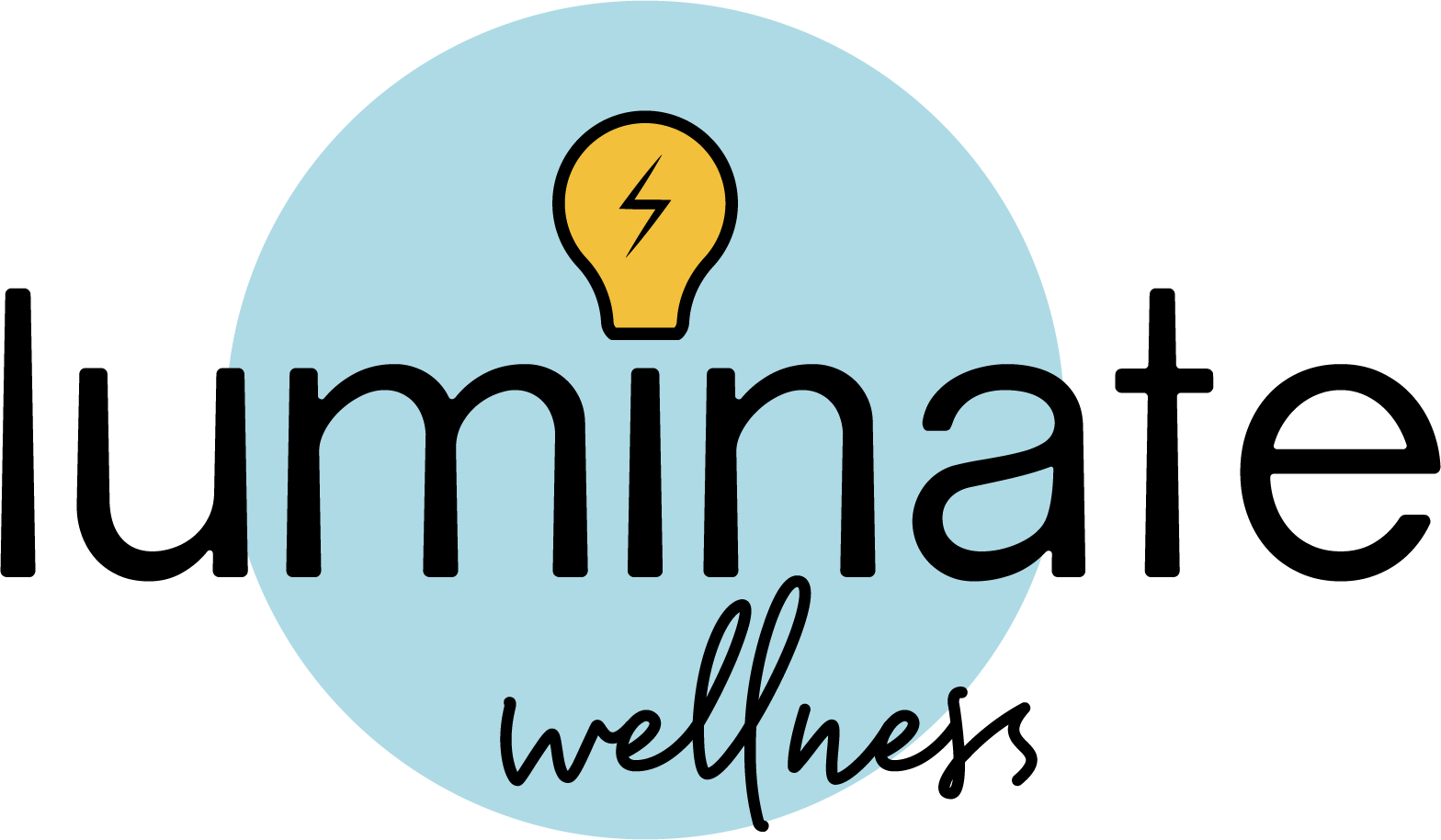Giving up the Blame Game
I love Brené Brown's work. I love that she speaks and writes from such a place of authenticity. Her work has been quite influential in my thinking.
Give this short video on blame a watch.
So let's be honest, who has found themselves in the same position as Brené in this video? I actually think that I have experienced variations of this same scenario many times in the past. Like the coffee incident in this video, it's super easy to blame people we love for little annoyances. When we're not mindful, those annoyances can totally feel like the world is attacking us when they happen. You know what I'm talking about, right?
Self-awareness and learning to be mindful has been the key in my journey of "blame" reform.
It is so easy to spew blame all over the place when something doesn't go the way we want it to.
I remember a particularly frustrating moment a while back when I was driving and all of a sudden in the middle of a road, I ran out of gas. Ugh. As you can imagine, I said a few curse words and felt pretty angry, annoyed and embittered. Right away I got angry with my husband for not filling the car up with gas the night before. After all he was the one who used it last. "Sheesh - everyone knows that you don't bring a car back with an empty gas tank! Grrrrr."
Well, when I stopped and thought about it, I had to be honest that I have brought the car home with an empty tank many times before, because getting home was more of a priority at the time then taking the time to get gas. I also realized that I had a role in the running out of gas on a busy road fiasco...If I was taking personal responsibility, I would've been mindful to notice that the gas gauge was on E before I started driving. Then I could've filled up and avoided this whole darn mess.
Blaming my husband wasn't fair to him, and I wasn't taking responsibility for my missed opportunity to control the situation.
"Blame is simply the discharging of discomfort and pain. It has an inverse relationship with accountability."
Wow.
Brené then talks about how we miss opportunities for empathy when we blame. So really, even though it kinda feels good to blame, we are short changing ourselves. We are missing opportunities for empathy and basically connection.
Another thought is that when we blame, we are stuck in our version of the "truth." We all have our own versions of of "reality" based on our personal worldview (the cumulation of all our past experiences). Objectivity is almost impossible (more on that in an upcoming blog post), because everyone filters our perceptions through our worldview. I have noticed that when I give up the blame game, I allow myself the opportunity to hold multiple truths. When we hold multiple truths everyone has a voice in the relationship.
Have you ever experienced the silent treatment from someone. It sucks. For me it sends my mind into tailspins: What did I do? What's the problem? How can I fix it if I don't even know what the problem is?
Even a direct approach to conflict that doesn't honour multiple perceptions can be quite destructive.
Relationships are particularly vulnerable to misunderstandings, because we can never really know what someone else is thinking or feeling. We only ever see a piece of the puzzle. There is so much that we aren't aware of. When we jump to conclusions or make assumptions, we are not creating space for dialogue and understanding.
There is this pervasive fear in our culture around dealing with conflict. Lots of us will do everything we can to avoid it.
What if we changed our paradigm or thinking about conflict? I believe that it could change everything! When we confront conflict with an understanding of the idea of multiple truths, it can be a relationship builder instead of a relationship destroyer.
The reality is that conflict (or a less loaded way to say "conflict" - seeing things from different perspectives) is unavoidable. I once heard someone say, "if two of us think the same way about something, one of us is redundant." We can expand our thinking when we look at a situation from a different perspective. We may not change our minds about it, but it helps us to understand where the other person is coming from.
I love how Brené gives the example of saying "hey, my feelings were hurt." (Hopefully said with a kind tone, therefore igniting an empathy response.)
There's so much respect and love in that.

